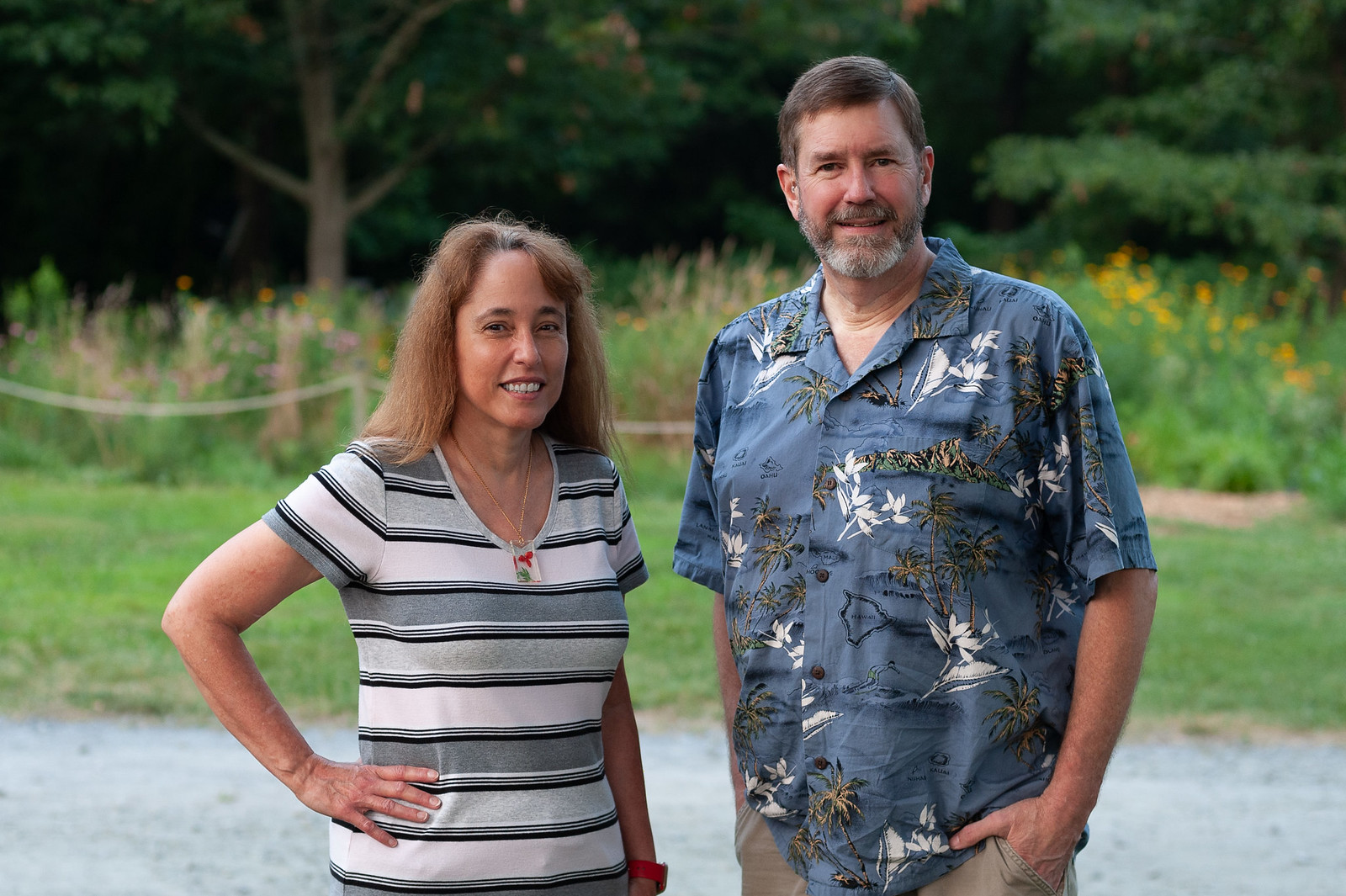Ivonne Rodriguez (Code 592) and Scott Hull (Code 592)

Tuesday, April 25, 2023 - 1:00pm (ET)
Bldg. 3 Auditorium (GSFC) or WebEx
Meeting number (access code): 2764 396 6305
Meeting password: ses@NASA23
Join by phone: +1-415-527-5035 US Toll
Abstract:
The problem of orbital debris has generated interest because a single catastrophic event in orbit has the capability of affecting a number of spacecraft beyond the one generating the debris. To compound the problem, the number of operational spacecraft has increased exponentially in the last few years, with the concern for potential on-orbit collisions increasing as well. The seminar will describe the orbital debris sources, NASA’s efforts to better understand the orbital debris environment and prevent the generation of additional debris, as well as current challenges for large and small debris removal. Recent U.S. Government initiatives to address the problem of orbital debris will also be discussed.
Biographies:
IVONNE RODRIGUEZ-JUARBE
Ivonne Rodriguez worked as a Science and Math teacher before returning to college to study Mechanical Engineering. She is an Orbital Debris Engineer at the
Instrument & Payload Systems Engineering Branch (Code 592). Ivonne provides orbital debris-related services to many GSFC missions in development phase, including
Micrometeoroid/Orbital Debris damage risk assessment, reentry risk assessment, and Orbital Debris Assessment Reports (ODARs). Previously, she worked as Aerospace
Engineer in the Electromechanical Systems Branch (Code 544). She received her B.S. in Physical Sciences in 1988 and her B.S. on Mechanical Engineering in 2002,
both from the University of Puerto Rico, Mayaguez Campus.
SCOTT HULL
Scott Hull has been an Orbital Debris Engineer at GSFC since 2002. He focuses primarily on end of mission planning, responsible disposal of spacecraft, and
hypervelocity penetration risks. He has written End of Mission Plans for over 40 missions, and participated in the decommissioning activities for more than a
dozen spacecraft. In addition, he has served on many NASA Engineering & Safety Center (NESC) studies with the nation’s orbital debris experts. He wrote the
End of Mission Considerations chapter for "Space Mission Engineering: The New SMAD" (Space Technology Library, 2011), and contributed to the Ground Processing
and Mission Operations section for “Spacecraft Lithium-Ion Battery Power Systems” (IEEE Press, 2023). He received a B.S. in Materials Engineering from Drexel University in 1987.